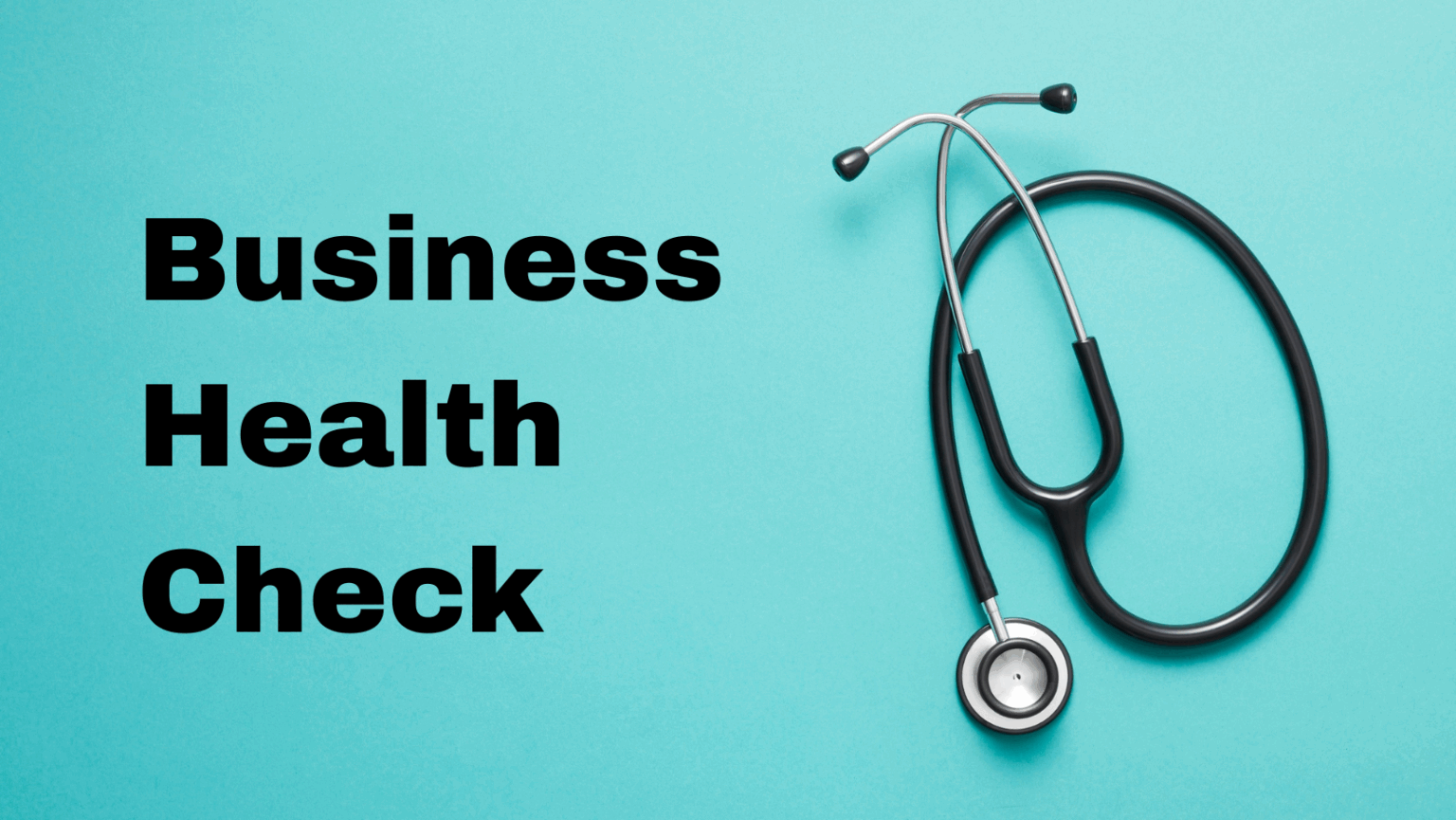
Business Health check: why it matters in the it field
In today’s digital age, the way we work and the threats we face have changed dramatically. Cybersecurity incidents, privacy breaches, and data misuse are no longer rare. Businesses both in New Zealand and globally are increasingly targeted by cybercriminals aiming to steal personal information, lock systems for ransom, or exploit internal vulnerabilities.
Ironically, many of these attacks are no longer driven by individuals, but by AI-generated threats.
Is Your Employment Documentation Keeping Up?
Just like reviewing your will or updating your insurance, keeping your employment contracts and staff handbooks current is vital to maintaining a healthy business. Outdated employment documentation can leave your business exposed.
Recently, we’ve seen several businesses come across outdated employment documents – some over a decade old. While they may have served their purpose at the time, the modern workplace has evolved significantly and so have the risks. Consider the rise of social media, mobile work environments, and remote access – have your policies kept pace?
Here are some key areas to review:
1. Use of Work Devices
Does your employment contract clearly outline expectations around the use of work-issued devices like laptops and mobile phones? This includes:
- Acceptable use policies
- Restrictions on personal use
- Security protocols (e.g., password protection, encryption)
- Ownership of data, devices and contact information.
2. Data Protection & Client Confidentiality
Your staff handbook should include clear guidance on:
- Handling sensitive client data
- Internal data safety protocols
- Reporting suspected breaches or suspicious activity
- Use of data offsite and client contact out of business hours.
3. Handling a data/privacy breach
Having clear, documented processes can reduce response time and limit damage. Employees should know what to do in the event of:
- A malware or phishing attack
- A suspected breach of client privacy
- Accidental data exposure of firm and client data to an outside party
4. Staff Training & Awareness
Regular training is essential. Ensure your team is up to date on:
- Cybersecurity best practices
- Recognising phishing attempts
- Secure communication methods
It is also important to check these organisational procedures are followed.
5. Data Retention & Exit Procedures
When staff leave, do you have a process to:
- Wipe company data from personal or work devices
- Revoke access to internal systems
- Ensure no sensitive information is retained improperly
- Manage password and access control
6. Data Accuracy & Communication Protocols
Mistakes happen – do you have a plan on how to manage any potential mistake. Review your procedures for:
- Verifying recipient details before sending data
- Using secure file-sharing methods
- Logging and auditing data transfers
What You Can Do
If it’s been a while since you reviewed your client and data security processes – or if you haven’t started like many SMEs – now is the time. Consider:
- Conducting a system and documentation audit
- Updating contracts and handbooks to reflect current risks
- Exploring cyber insurance options
- Implementing regular staff training sessions
Final Thoughts
You’ve likely heard of data or privacy breaches – locally or internationally. Staying proactive is your best defence. In the information age, managing your digital and employment infrastructure is not just good practice, it’s essential.
If you’d like to learn more, we can connect you with specialists who can help assess and strengthen your business’s digital resilience.


